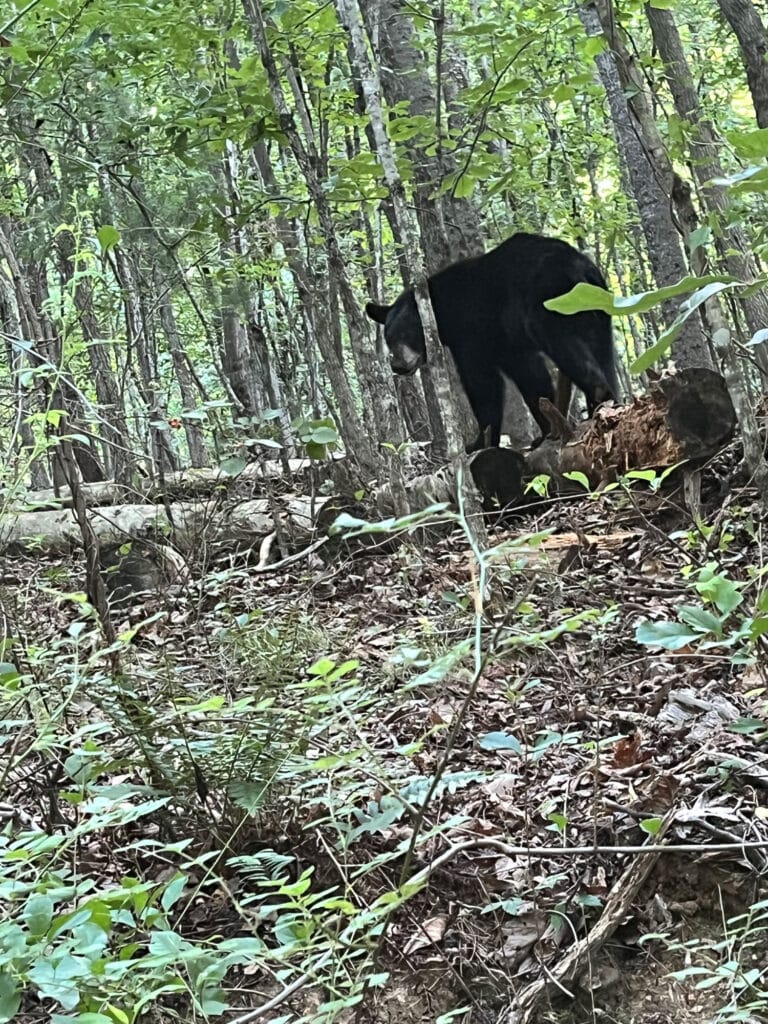Oak trees are suddenly dying around Virginia, foresters say
Foresters are noticing a sudden dying of trees around the state of Virginia. “This is acute,” Adam Downing, forestry and natural resources agent with the Virginia Cooperative Extension told The Virginia-Pilot. In general, trees die slowly, but these trees are quickly going brown—progressing from healthy to sick in a short period of time. Most are white oaks in urban environments.
Foresters do not know the exact number of oak tree deaths, but say that the deaths may be caused in part by a wet season last year followed by a very dry summer this year, which stresses the root system of the trees and kills the finer roots. Despite the tree deaths, foresters say they are not too concerned and won’t be until the oak deaths become a years-long pattern. So what should you do if your white oak dies? Foresters say you should plant another one.
Georgia Mayors sign letter calling for a future with more renewable energy
Five mayors in Georgia have signed a letter calling for a future powered by more solar power. Over 300 mayors in all 50 states have signed the letter. The group, called “Mayors for Solar Energy,” is bipartisan and represents cities of all sizes across the country. Mayors from Georgia who signed the letter include Mayor Hardie Davis, Jr. of Augusta, Mayor Patti Garrett of Decatur, and Mayor Ted Terry of Clarkston.
“Mayors for Solar Energy is proof that regardless of geography, demographics or political affiliation, local leaders understand how beneficial solar can be for a wide array of communities,” said Channa Childs, Clearn energy Fellow with Environment Georgia. “The future of energy will be clean and close to home, and these mayors represent the first wave of leaders who will bring the benefits of solar to communities coast-to-coast.”
Survival of North Carolina red wolves could depend on one mating pair
There are less than 20 red wolves surviving in the state of North Carolina and the continuation of the species may depend upon one mating pair. The U.S. Fish and Wildlife Service will transfer a male and female red wolf from the St. Vincent National Wildlife Refuge on the Florida coast to the Alligator River National Wildlife Refuge in eastern North Carolina. The pair of wolves will be in a 200-foot diameter pen for a month. “Hopefully, they bond.” Joe Madison, program manager for red wolf recovery in North Carolina told The Virginia-Pilot.
The plan is for the wolves to bond in the pen and then mate in the wild once they are released. Their connection is important for the survival of the species. For the first time since red wolves were reintroduced into North Carolina in 1987 there have been no litters of puppies born.








